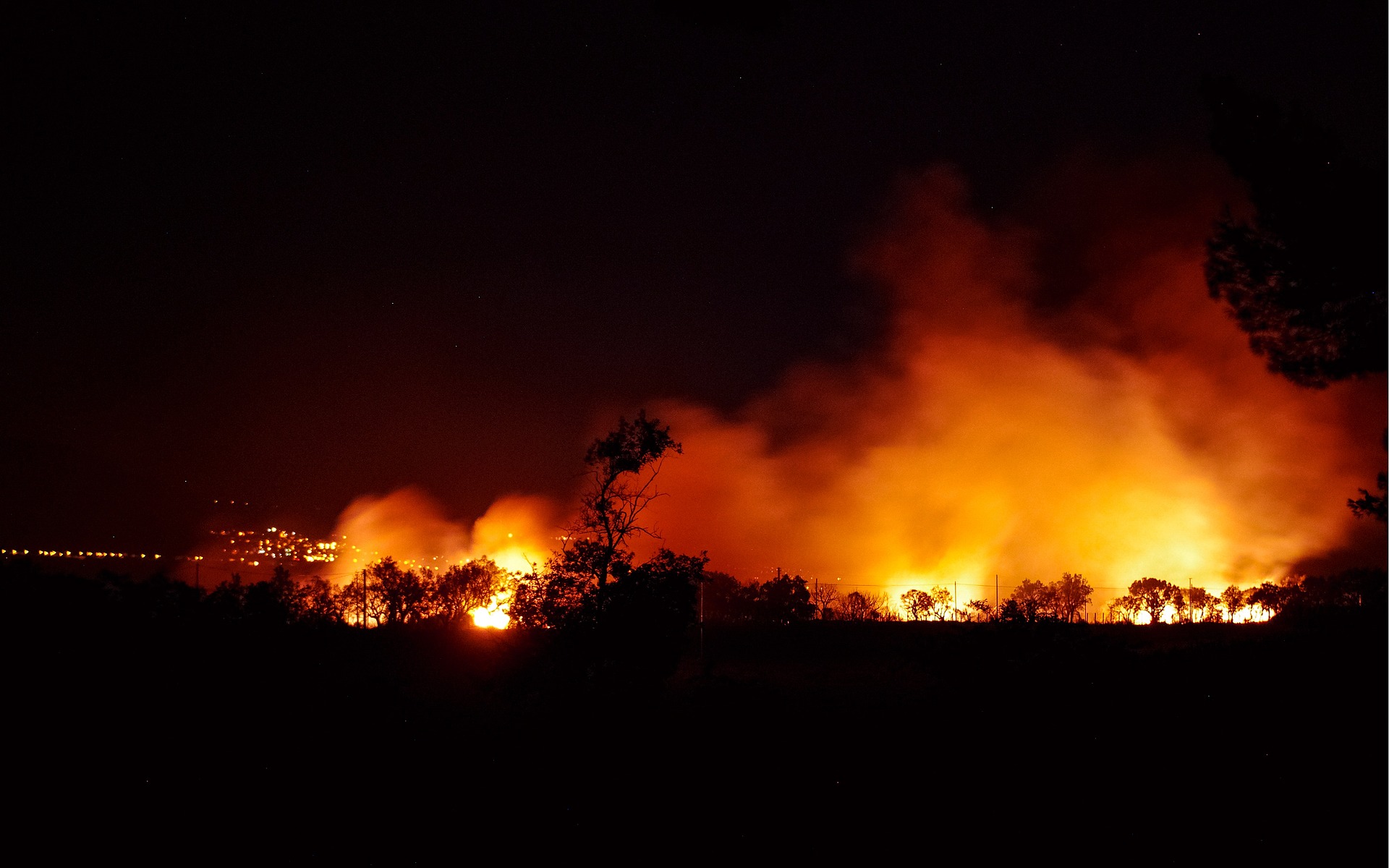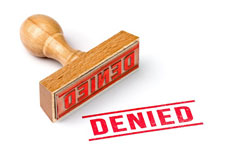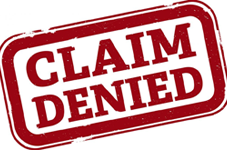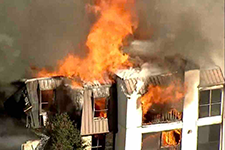 Homeowners Associations (“HOAs”) rely on the efforts of their volunteer directors, officers, and committee members to perform all manner of tasks needed in assisting the HOA with its operations. Participation by these HOA volunteers in common tasks such as site inspections, including slope inspections, landscape committee walk-throughs, and even meeting room set up and take down can all create a risk of personal injury to the volunteer. If such injury were to occur, would the volunteer be covered by the HOA’s insurance policies?
Homeowners Associations (“HOAs”) rely on the efforts of their volunteer directors, officers, and committee members to perform all manner of tasks needed in assisting the HOA with its operations. Participation by these HOA volunteers in common tasks such as site inspections, including slope inspections, landscape committee walk-throughs, and even meeting room set up and take down can all create a risk of personal injury to the volunteer. If such injury were to occur, would the volunteer be covered by the HOA’s insurance policies?
The answer is yes with respect to an HOA’s worker’s compensation policy, but only if the HOA affirmatively “opts-in” to such coverage by adoption of a written declaration. California Labor Code section 3363.6(a) provides that: “…a person who performs voluntary service without pay for a private, nonprofit organization, as designated and authorized by the board of directors of the organization, shall, when the board directors of the organization, in its sole discretion, so declares in writing, and prior to the injury, shall be deemed an employee of the organization” for purposes of being covered under a policy or workers compensation insurance. Absent such a written declaration, injured volunteers will likely be excluded from the definition of an “employee” and not covered under the workers compensation and insurance laws. (Labor Code section 3352(a)(9).).
In the course of our experience representing HOAs and community associations throughout California, we are finding that many HOA Boards form committees of volunteer homeowners without making this written declaration. To make matters worse, they often fail to even memorialize the formation of the committee and the persons to serve as its members. This is problematic. At a minimum, Boards should memorialize the creation of the committee and the names of its members within the minutes of the Board meeting in which the Board passed the motion to form the committee.
The better approach is for the Board to pass a written resolution that memorializes (a) the Board’s creation of the committee, (b) the Board’s appointment of named individual volunteers to serve as members of that committee, and (c) the Board’s adoption of a formal charter for the committee that defines the scope of authority and responsibility vested in the committee’s members. This resolution and charter should be drafted by the HOA’s lawyer and made part of the Board’s meeting minutes. As the composition of the committee changes (i.e., as different people are appointed or removed from the committee by the Board), the Board may simply document those changes in its meeting minutes without having to pass a new resolution or amend the charter.
| If your HOA Board has not made a written declaration to “opt-in” to workers compensation coverage for volunteers, the HOA may be exposed to direct claims of personal injury. Adding so called “participant” or” volunteer” accident insurance coverage to the HOA’s general liability policy may be another option but, in any event, Boards should confirm adequate insurance coverage for their volunteers with their HOA’s insurance agent, and verify precisely what their insurance carrier requires in terms of a written declaration for the purposes discussed above. |
 HOA Lawyer Blog
HOA Lawyer Blog


 If your homeowners association (“HOA”) is located in a high-risk fire area, what can your Board of Directors do if the current master policy of fire and casualty insurance on your condominium or townhome buildings is not renewed? Due to the massive wildfires that have swept California over the past two years, many insurance companies (and their re-insurance partners) are reassessing their willingness to underwrite fire and casualty insurance in the state. Those carriers that are willing to write coverage are limiting their risk exposure by greatly reducing the coverage limits available for purchase. To compound this problem, the premiums being quoted are 5-10 times the amount of the prior year’s premium for much less coverage.
If your homeowners association (“HOA”) is located in a high-risk fire area, what can your Board of Directors do if the current master policy of fire and casualty insurance on your condominium or townhome buildings is not renewed? Due to the massive wildfires that have swept California over the past two years, many insurance companies (and their re-insurance partners) are reassessing their willingness to underwrite fire and casualty insurance in the state. Those carriers that are willing to write coverage are limiting their risk exposure by greatly reducing the coverage limits available for purchase. To compound this problem, the premiums being quoted are 5-10 times the amount of the prior year’s premium for much less coverage. Asked – Our insurance was cancelled and with the new policy the premium sky rocketed. There is not enough money in the operating account or budget to pay for the new premium. Can we pay from reserves?
Asked – Our insurance was cancelled and with the new policy the premium sky rocketed. There is not enough money in the operating account or budget to pay for the new premium. Can we pay from reserves?  Homeowners Associations (“HOA”) are encouraged to report potential and actual claims to their insurance carriers. In fact, there is usually a provision within the HOA’s
Homeowners Associations (“HOA”) are encouraged to report potential and actual claims to their insurance carriers. In fact, there is usually a provision within the HOA’s 
 When there is a potential for litigation regarding property damage, your association’s legal counsel will sit down with the Board of Directors to analyze whether the alleged property damage resulted from the association’s negligence in any form. If the association is put on notice of a potential negligence claim, it is advisable to immediately report the matter to your Commercial General Liability (“CGL”) insurance carrier.
When there is a potential for litigation regarding property damage, your association’s legal counsel will sit down with the Board of Directors to analyze whether the alleged property damage resulted from the association’s negligence in any form. If the association is put on notice of a potential negligence claim, it is advisable to immediately report the matter to your Commercial General Liability (“CGL”) insurance carrier. *New Case Law
*New Case Law Community associations buy insurance to obtain coverage in the case it becomes necessary. The reality is pre-litigation costs are expensive, ranging anywhere from a few thousand to tens of thousands of dollars. Litigation itself can be even more and this is not including any estimated fees for an appeal. No association wants to pay out of pocket for all these fees when there is a perfectly good insurance policy bought just for these types of situations. However, sometimes, an insurance company will want to cut corners to avoid paying out its policy coverage amount. If an association’s insurance carrier(s) denies coverage, your association’s legal counsel will work together with the insurance adjuster to persuade the insurance carrier to provide coverage, as a bad faith insurance claim would not be beneficial to either parties.
Community associations buy insurance to obtain coverage in the case it becomes necessary. The reality is pre-litigation costs are expensive, ranging anywhere from a few thousand to tens of thousands of dollars. Litigation itself can be even more and this is not including any estimated fees for an appeal. No association wants to pay out of pocket for all these fees when there is a perfectly good insurance policy bought just for these types of situations. However, sometimes, an insurance company will want to cut corners to avoid paying out its policy coverage amount. If an association’s insurance carrier(s) denies coverage, your association’s legal counsel will work together with the insurance adjuster to persuade the insurance carrier to provide coverage, as a bad faith insurance claim would not be beneficial to either parties. Both Commercial and Residential Condominium CC&Rs frequently contain insurance language requiring the Association to obtain hazard (fire) insurance and prohibiting Owners from obtaining such coverage. Condominium Owners on the other hand are limited to obtaining liability insurance. Similar language was found in the CC&Rs of the condominium association in
Both Commercial and Residential Condominium CC&Rs frequently contain insurance language requiring the Association to obtain hazard (fire) insurance and prohibiting Owners from obtaining such coverage. Condominium Owners on the other hand are limited to obtaining liability insurance. Similar language was found in the CC&Rs of the condominium association in  Assembly Bill 2912
Assembly Bill 2912